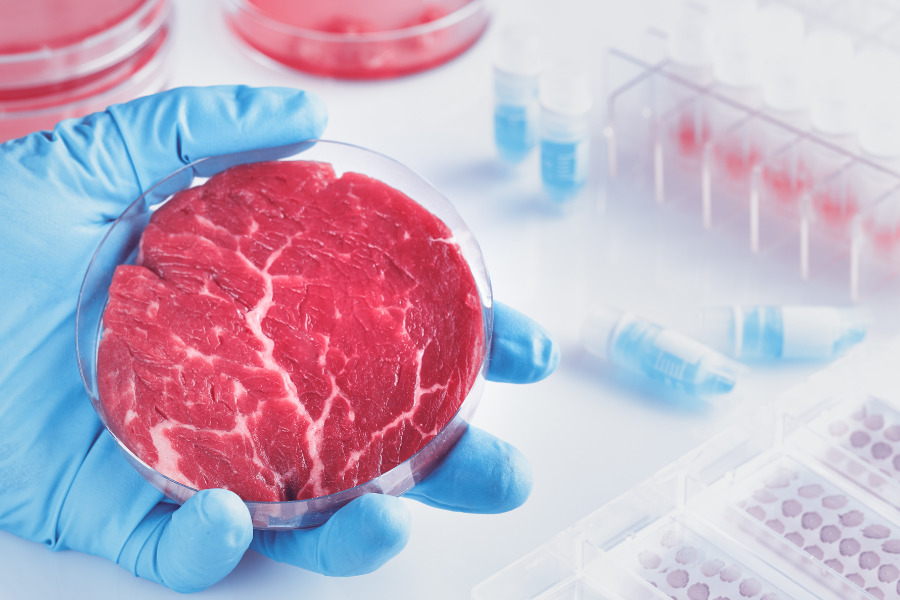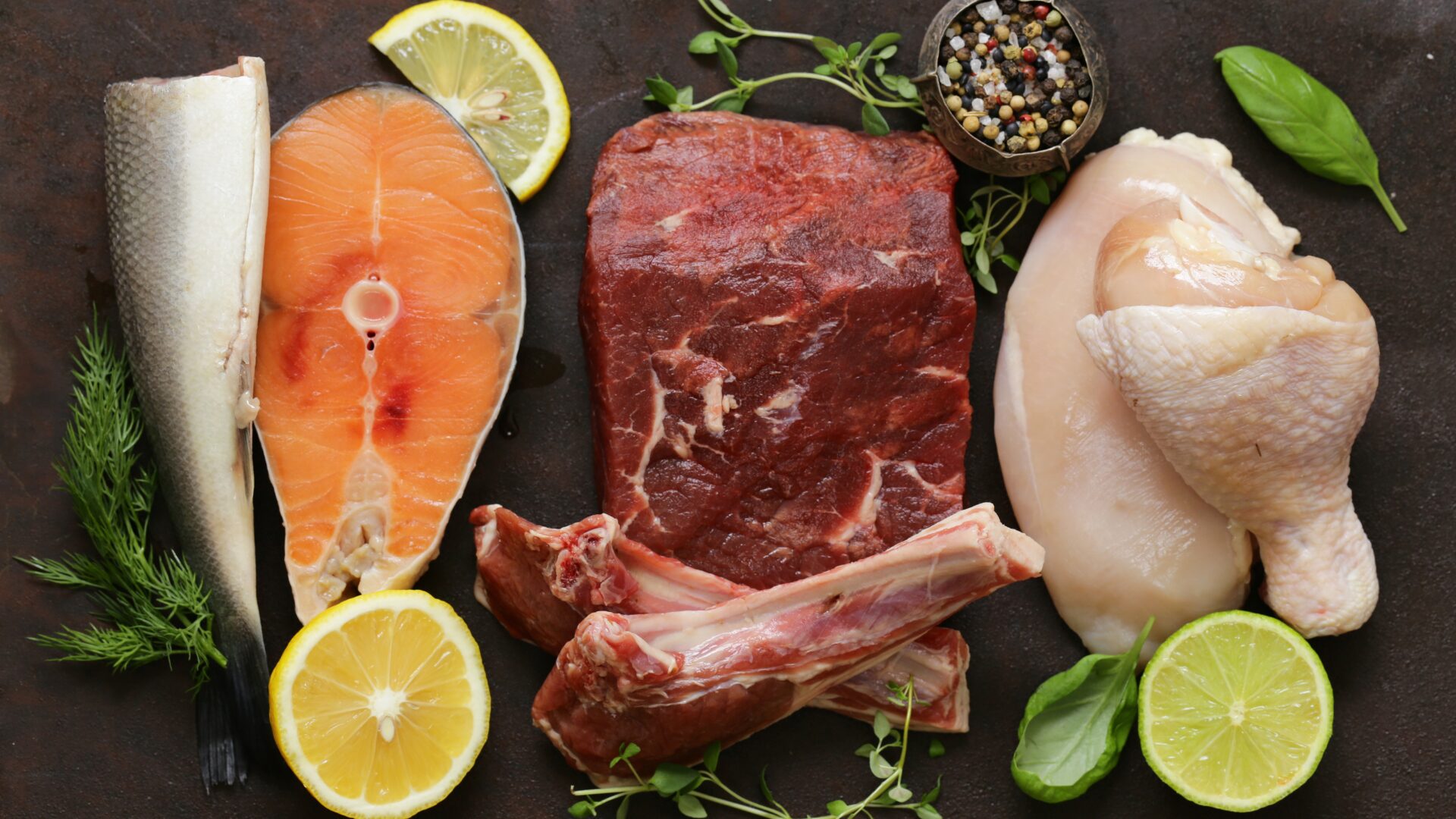Lab-grown meat is getting closer to reaching consumers, and it looks like the world’s first 3-D printed ribeye is up next.
Here’s a look at how we got to this point.
ISRAEL: A MAJOR INNOVATOR IN THE SPACE
Several key players in the alternative-protein space have come out of Israel, which is a tech innovation hub. Israel-based food tech start up Aleph Farms has been working on growing meat cuts from beef cells using a 3-D tissue engineering platform since 2017.
Recently, the company and its research partner at the Faculty of Biomedical Engineering at the Technion – Israel Institute of Technology cultivated the world’s first slaughter-free ribeye steak using 3-D bioprinting technology and real cow cells. The 3-D bioprinting technology consists of printing living cells that are then incubated to grow, differentiate, and interact, to acquire the texture and qualities of a real steak.
Meanwhile, another Israeli company, Redefine Meat, recently attracted 600 customers to a small village in the country with its Alt-Meat, reported VegNews (Jan. 22). An event called “There’s a new meat in town” featured a food truck that dished out 1,000 servings of 3-D printed vegan meat.
The company will be partnering with meat distributor Best Meister to distribute the alt-meat to high-end butcher shops and restaurants across Israel later this year.
Steak isn’t the only cell-based meat making headlines recently. Here are some other examples:
- Cell-Based Seafood Producer BlueNalu Raises $60 Million
- Startup Makes Lab-Grown Chicken for Under $10 Per Serving
- Novameat 3-D Prints “World’s Biggest” Cell-Based Meat Prototype
WHAT’S NEXT IN ALT-PROTEIN?
Like we saw in plant-based meat when more players entered the arena, lab-grown meat could start to become more widespread and production could start on a larger scale. As of last year, there are over 100 cultivated meat, seafood, and dairy companies across the globe which are working on cell-based foods and cell-based enabling technologies, reported Green Queen (Jan. 10).
British biotech company CellulaREvolution recently raised $1.37 million to further accelerate its cell culture technology, reported The Spoon (Feb. 1). The company says it can make cell-culturing more efficient and affordable using products which include a synthetic peptide coating that allows for serum-free cell culturing and a bioreactor that can continuously produce cells in a serum free environment in much smaller footprint.
The more companies that enter the space, the more likely we are to see cell-cultivated meat on consumers’ plates soon.












